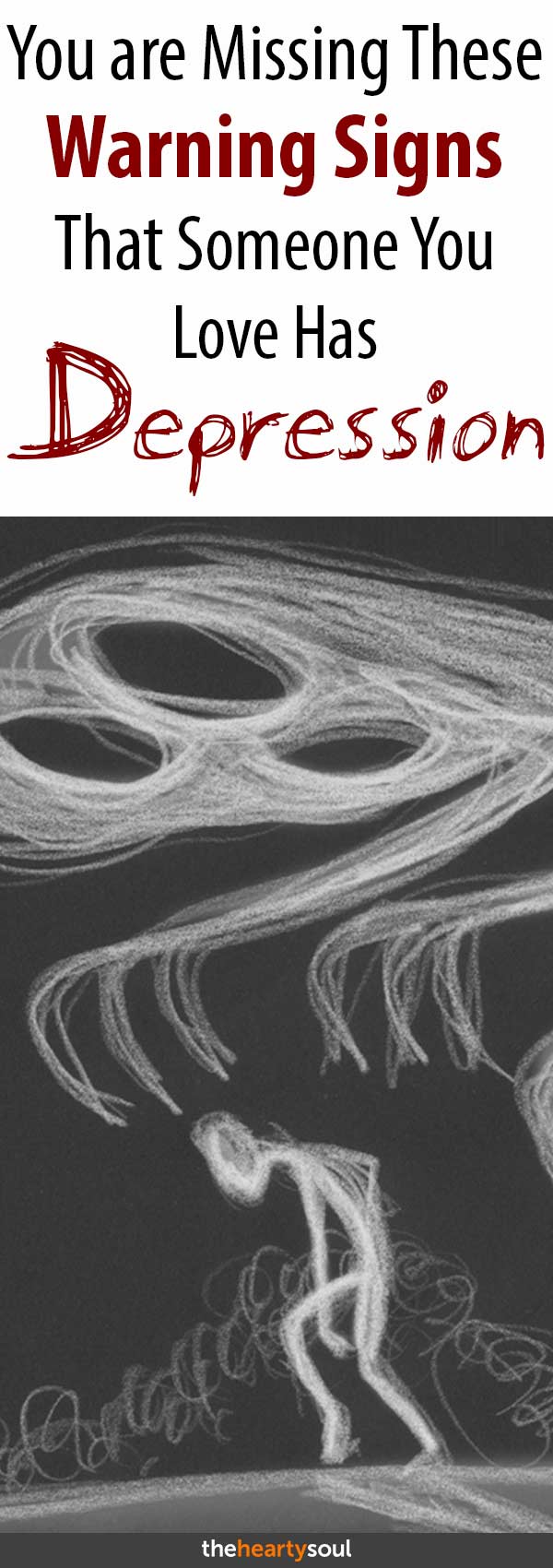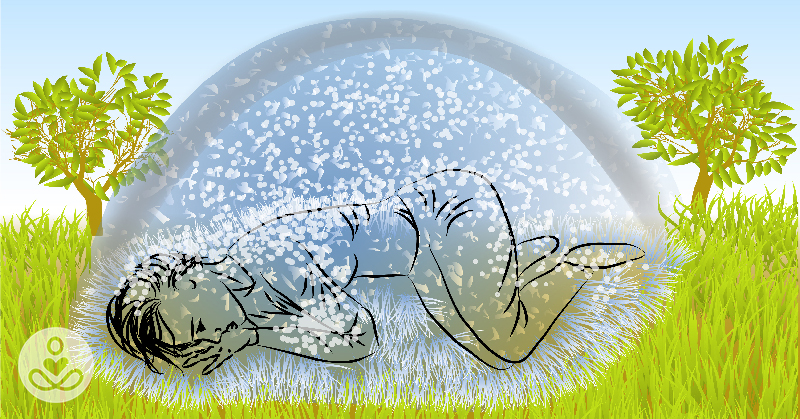We all have an off day every once in a while. Feeling “blue” or “out of it” sucks, but usually by the time we get home to relax, unwind, and hit the hay, we’re starting to feel better. Depression is different from an ordinary bad day feeling.
What is Depression?
When a person is struggling with depression, they can feel anxious, hopeless, exhausted, or even worthless. The most fundamental thing to realize about depression, in yourself or others, is that it’s not caused by something they did or by who they are.
What Depression Can Look Like
You don’t deserve to struggle with depression. You deserve to get help, be listened to, and come out the other side. Depression doesn’t always appear the way it shows on antidepressant commercials, with a blue filter on the world, drawn curtains, and crying in bed. Sometimes it does. Depression sufferers can group into high-functioning and low-functioning sufferers.
Low-Functioning Depression
These are probably the depression systems you expect. Feeling exhausted and wanting to sleep all the time, insomnia, crying, and difficulty focusing or remembering tasks or information are all signs of low-functioning depression. These symptoms make it embarrassing or difficult to go to work, school, or even to leave the house at all.
How to Help
The best way to help someone with low-functioning depression is to listen.
- Make time to visit them.
- make them a casserole.
- encourage them to come out for a low-stress activity, like a walk or grocery shopping.
- Recognize that healing takes time.
- Be patient if they push you away, are angry or irritable.
- Encourage them to visit a doctor or therapist.
High-Functioning Depression
High-functioning depression is harder to spot. Sufferers still go to work, maintain their responsibilities, and try to keep moving on with their lives, all while internalizing all the feelings associated with depression. This is the type of depression felt by many over-achievers or perfectionists.
Watch out for friends who make morbid or ironic jokes. Another warning sign is a friend being known to be mean, angry and short-tempered. Feelings of anger and irritability are common.
How to Help
The best way to help someone suffering from high-functioning depression is to be there for them.
- When they’re ready, they may need someone to open up to.
- Let them know that it’s okay to give themselves a break now and then.
- Encourage them to get professional help.
- Recognize that healing takes time.
- Be patient if they push you away, are angry or irritable.
Understanding the Difference
Some people may think that low-functioning depression is worse than high-functioning depression, but a good comparison to think about is grief: if a loved one passed away, many people would need time off from work to process. Not getting that healing time would only make the grieving process longer and more painful.
That’s like the difference between high-functioning and low-functioning depression. Sometimes, high-functioning depression sufferers might feel like if they just keep trying a little harder, they can beat the illness without needing help. This is a very long, painful road to take. There is help out there, and there can be light at the end of the tunnel.
Next Steps
Maybe you’re dealing with your own depression symptoms, or you want to help a loved one deal with theirs. Either way, understand that depression is a real mental illness- it could happen to anybody. You wouldn’t blame someone for getting the flu, so don’t blame yourself for getting depression!
Along the journey, be sure to educate yourself and keep trying to make each day better.
As always, share this article if you know someone who might benefit from this information.
Disclaimer
This information is not intended to be a substitute for professional medical advice, diagnosis or treatment and is for information only. Always seek the advice of your physician or another qualified health provider with any questions about your medical condition and/or current medication. Do not disregard professional medical advice or delay seeking advice or treatment because of something you have read here.


